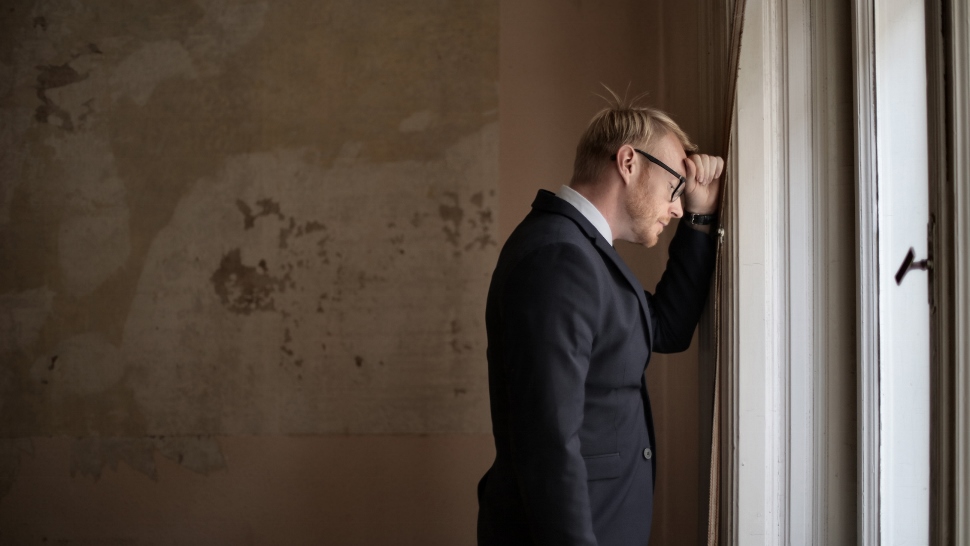
In between all the other things Jeff Bezos has been dealing with in his life, he took time to release his annual shareholder letter yesterday (here if you want to see it in full). He talked about how growth of third party sellers is dramatically outpacing Amazon’s first party business, challenged other companies to match Amazon’s recent move to up their minimum pay to $15/hour, and discussed the growth of AWS (their secure cloud services platform).
But the real gem within was Bezos’ surprising and insightful take on what must happen if big businesses are going to continue to grow–they have to have bigger failures. As Bezos said:
As a company grows, everything needs to scale, including the size of your failed experiments. If the size of your failures isn’t growing, you’re not going to be inventing at a size that can actually move the needle. Amazon will be experimenting at the right scale for a company of our size if we occasionally have multibillion-dollar failures.
Of course, we won’t undertake such experiments cavalierly. We will work hard to make them good bets, but not all good bets will ultimately pay out. This kind of large-scale risk taking is part of the service we as a large company can provide to our customers and to society. The good news for shareowners is that a single big winning bet can more than cover the cost of many losers.
Bezos went on to cite the failed big bet of the Amazon Fire phone that led to the success of Echo and Alexa. He pointed out that both of these successes were also helped by two other areas that the company placed big bets in–machine learning and the cloud.
Scale the size of your failures, they may lead to success.
Companies the size of Amazon aren’t the only ones that should embrace the idea of scaling the size of failures as the size of the business grows. That insight applies to any size business–it’s all about the proportion of the risk to the size of the business, not just big risks for big businesses in the absolute.
And the biggest bets are fueled by, steady yourself, a fundamentally inefficient process of discovery. While Bezos’ letter acknowledges the importance of being efficient, having a plan and sticking to it, he offered a surprising counterbalance that’s required.
Wandering.
Which doesn’t have a flighty connotation at Amazon. As Bezos says:
Wandering is not random. It’s guided–by hunch, gut, intuition, curiosity, and powered by a deep conviction that the prize for customers is big enough that it’s worth being a little messy and tangential to find our way there. Wandering is an essential counter-balance to efficiency. You need to employ both. The outsized discoveries–the “non-linear” ones–are highly likely to require wandering.
As my own business has been growing, I’ve been making bigger bets and experiencing some bigger failed experiments that came directly out of some wandering. I could be frustrated by these setbacks, but instead I’m finding something surprising.
Some wandering (investigating hunches) is important, because it feeds my curiosity and desire to explore and creates a process of elimination. This process of elimination allows me to learn and move on if something isn’t working–as opposed to always wondering if it would have. Oddly, I’m learning that knowing what won’t work is as comforting as finding elements of my business model that do.
So failing bigger and making room for inefficiency may not have been on your agenda before reading this. But you’ll find doing so will have surprising benefits, so build it into your growth agenda today.




Leave a Reply